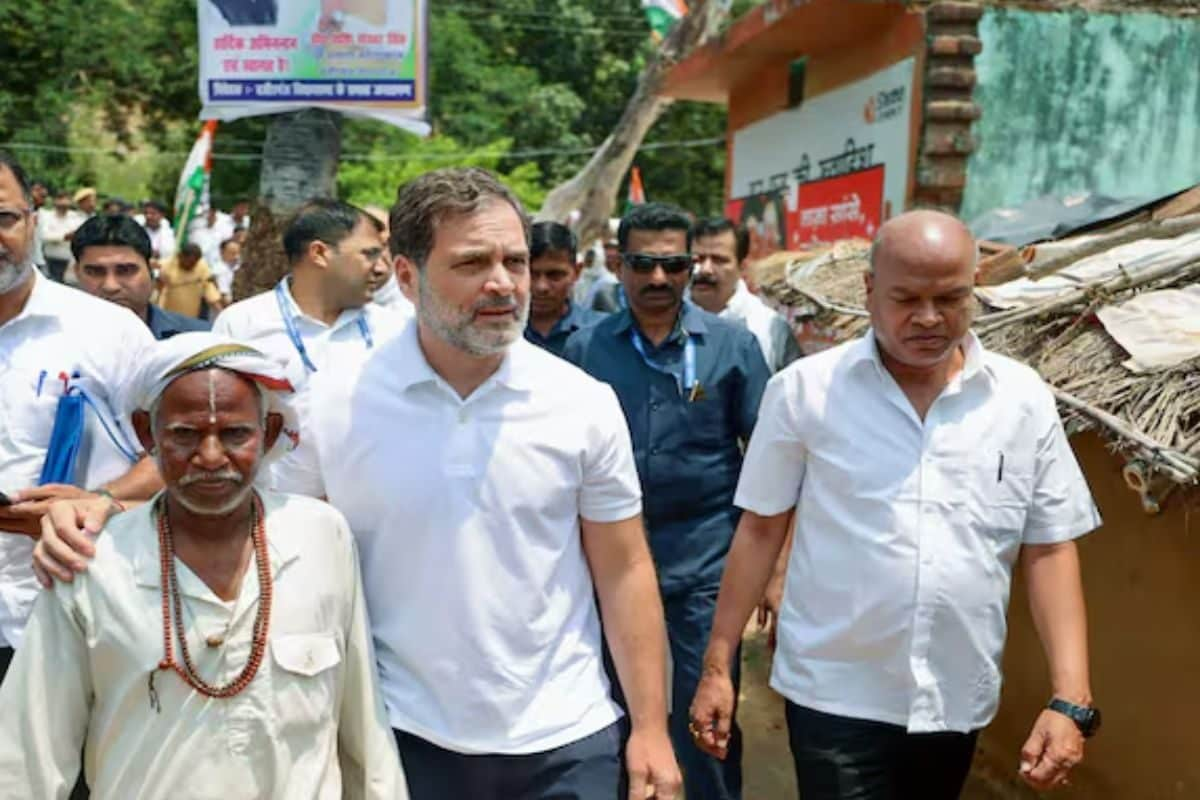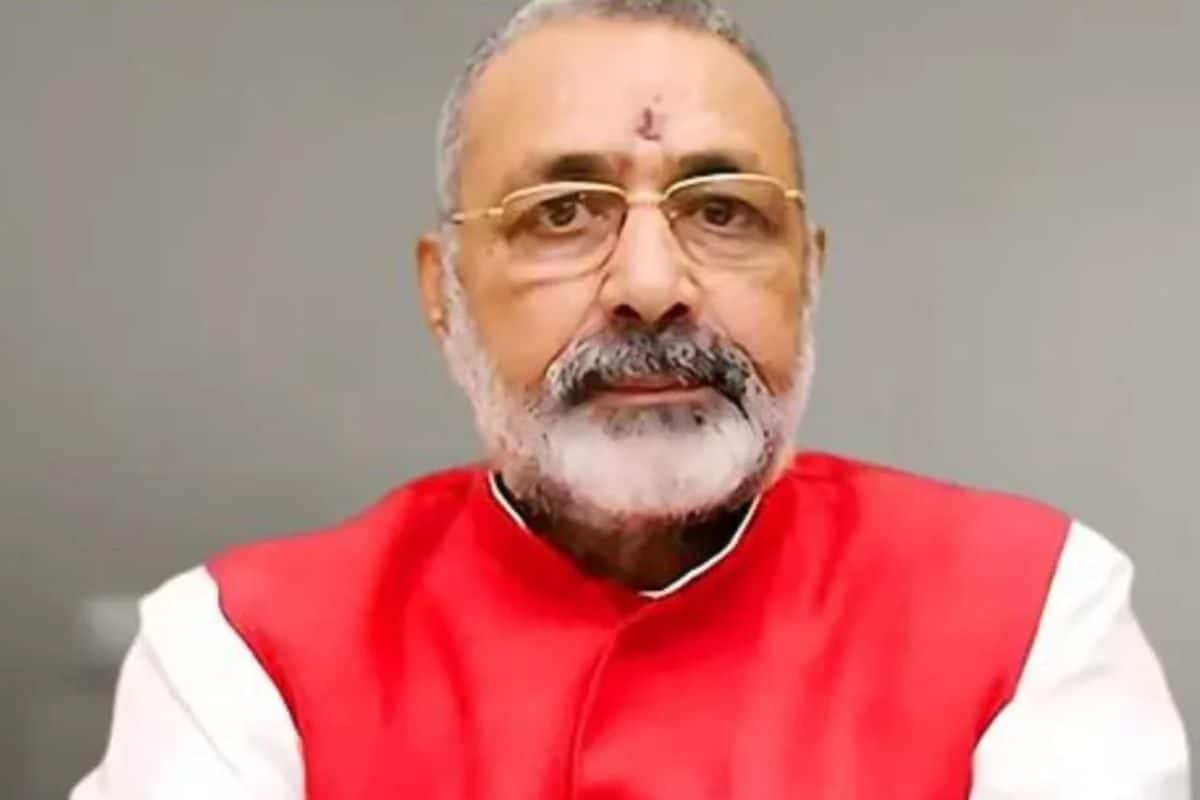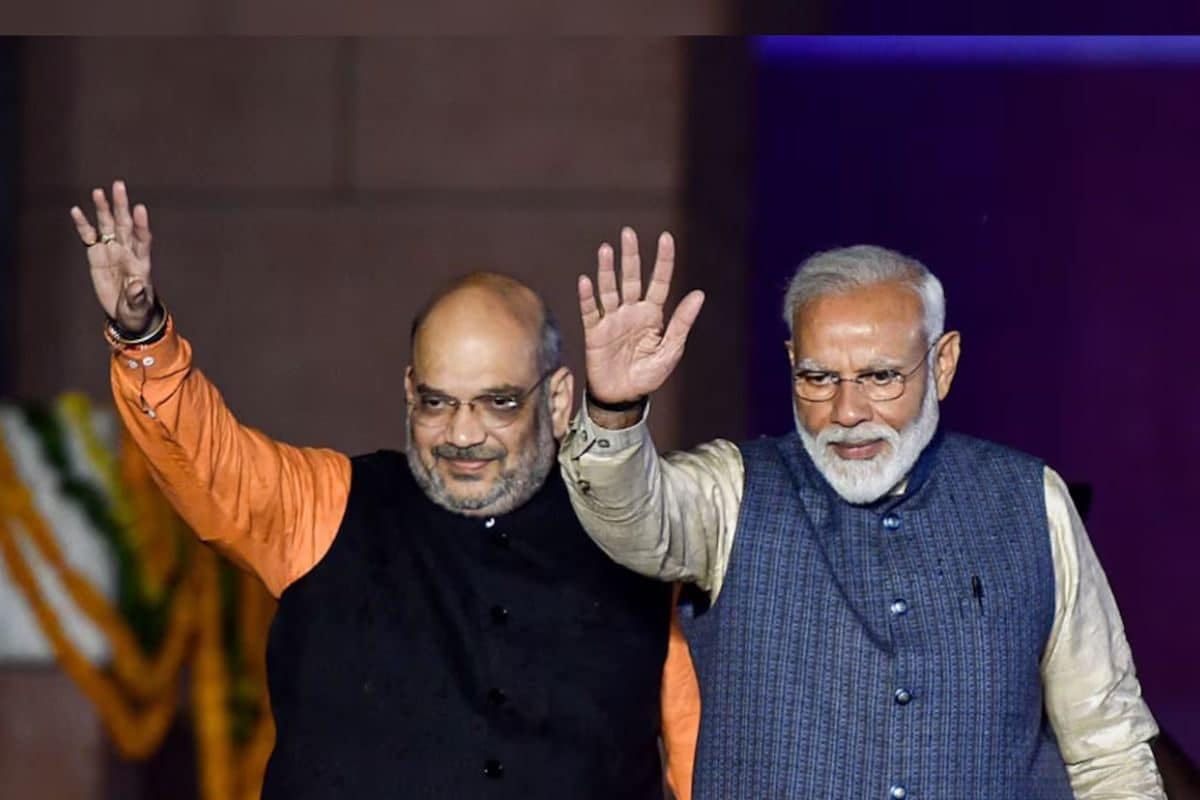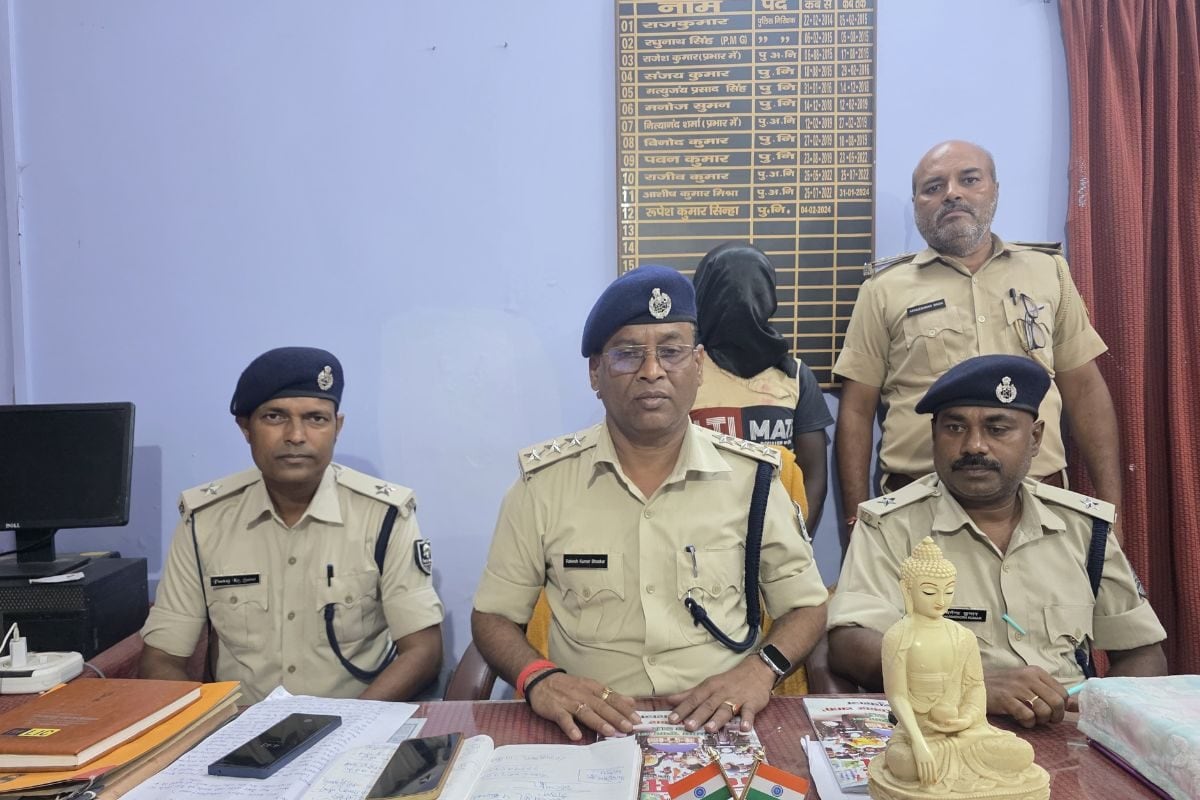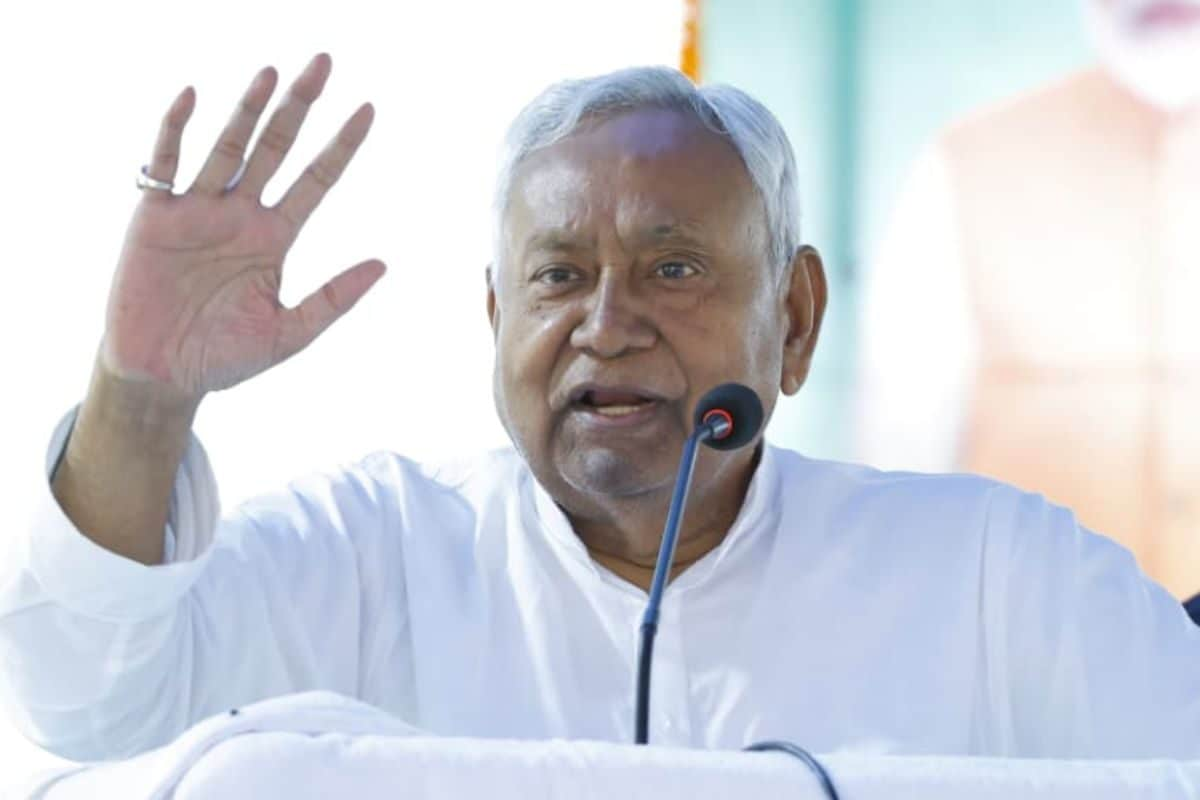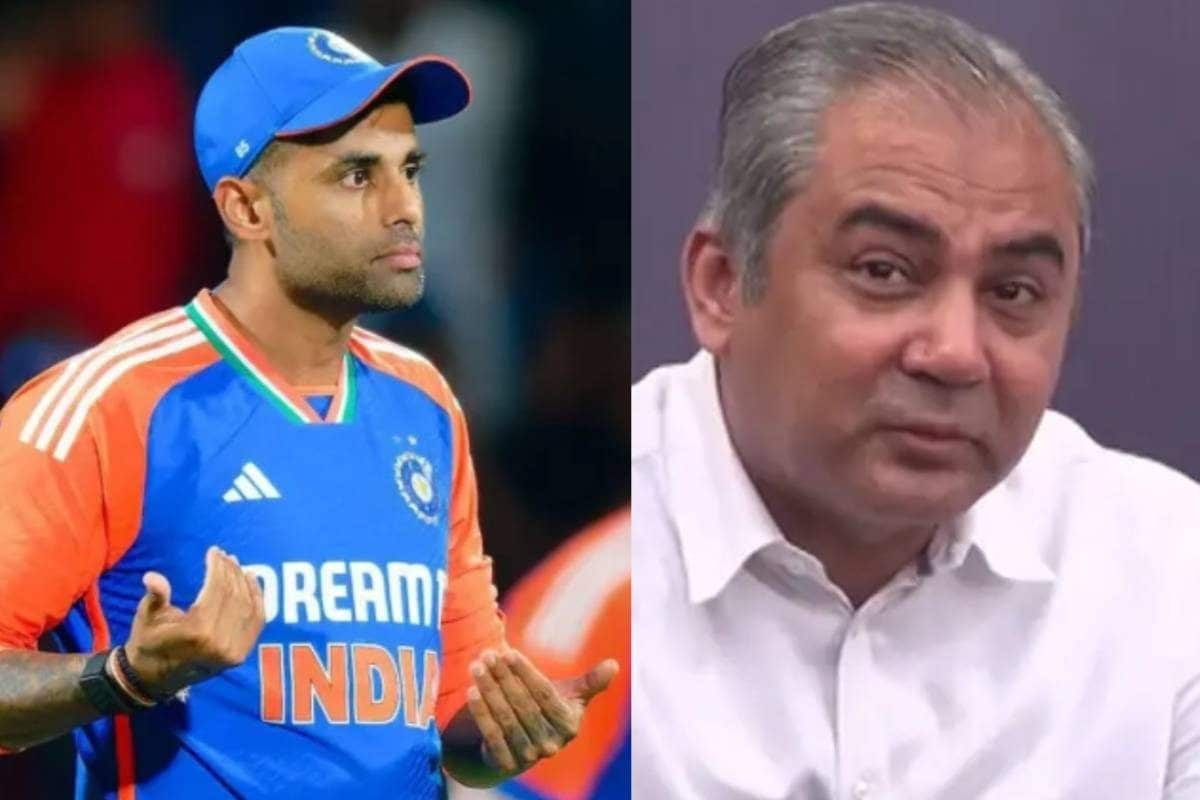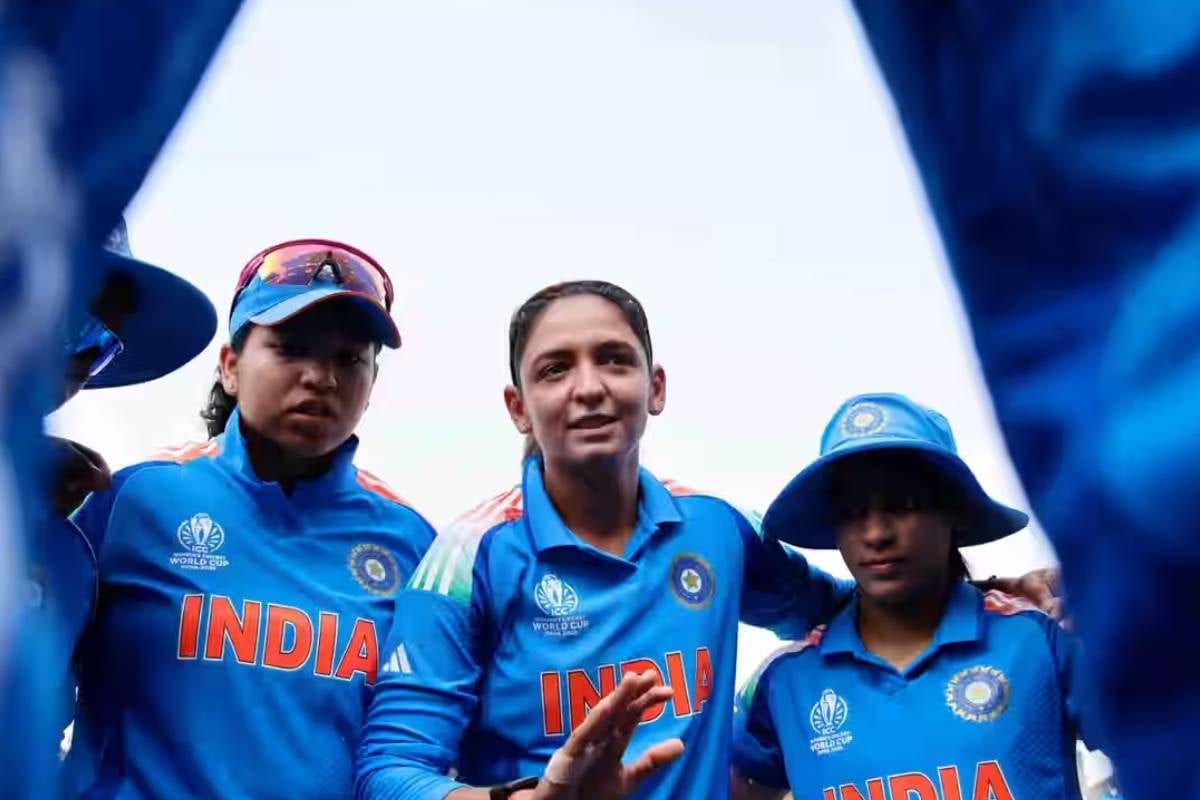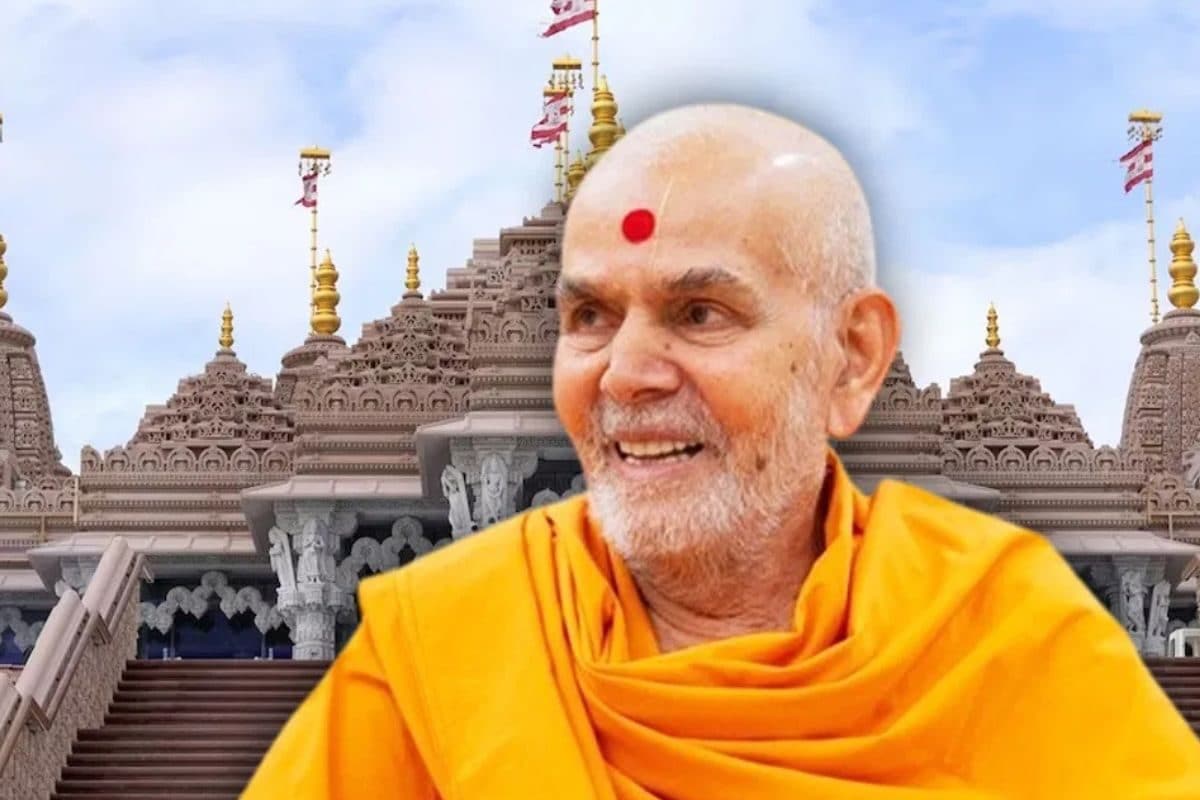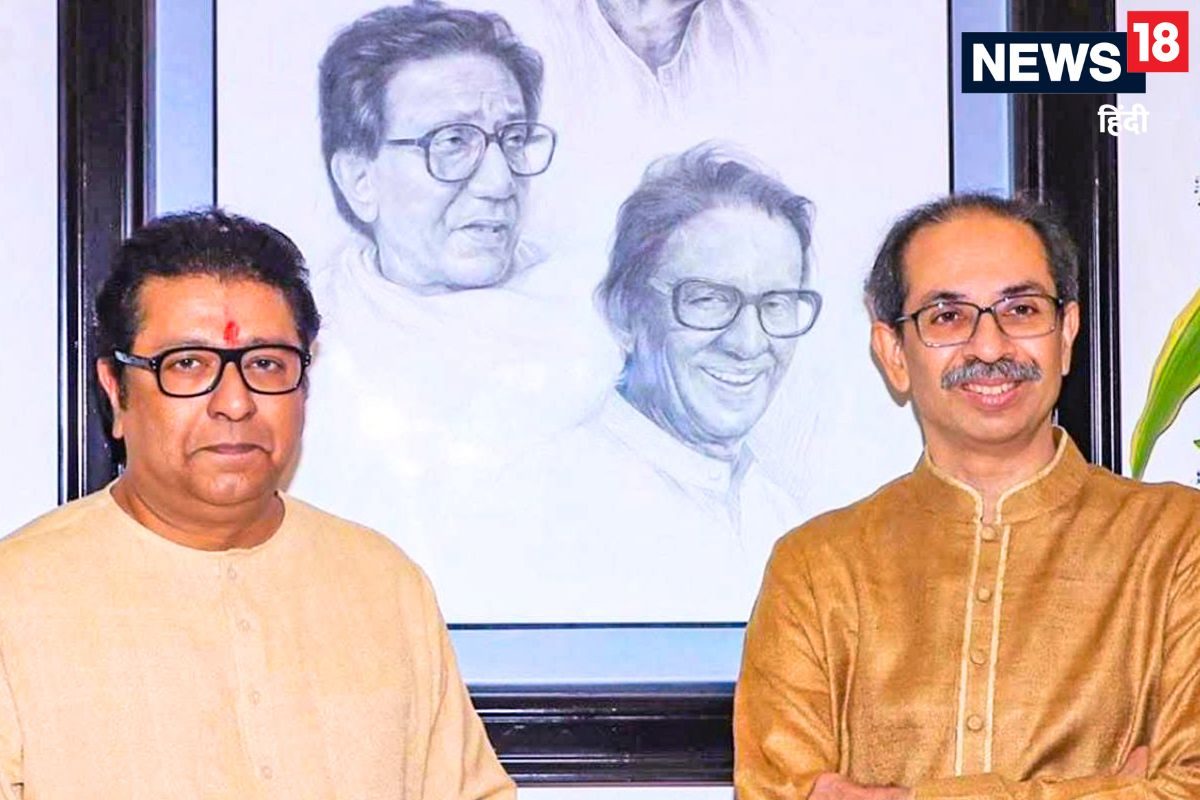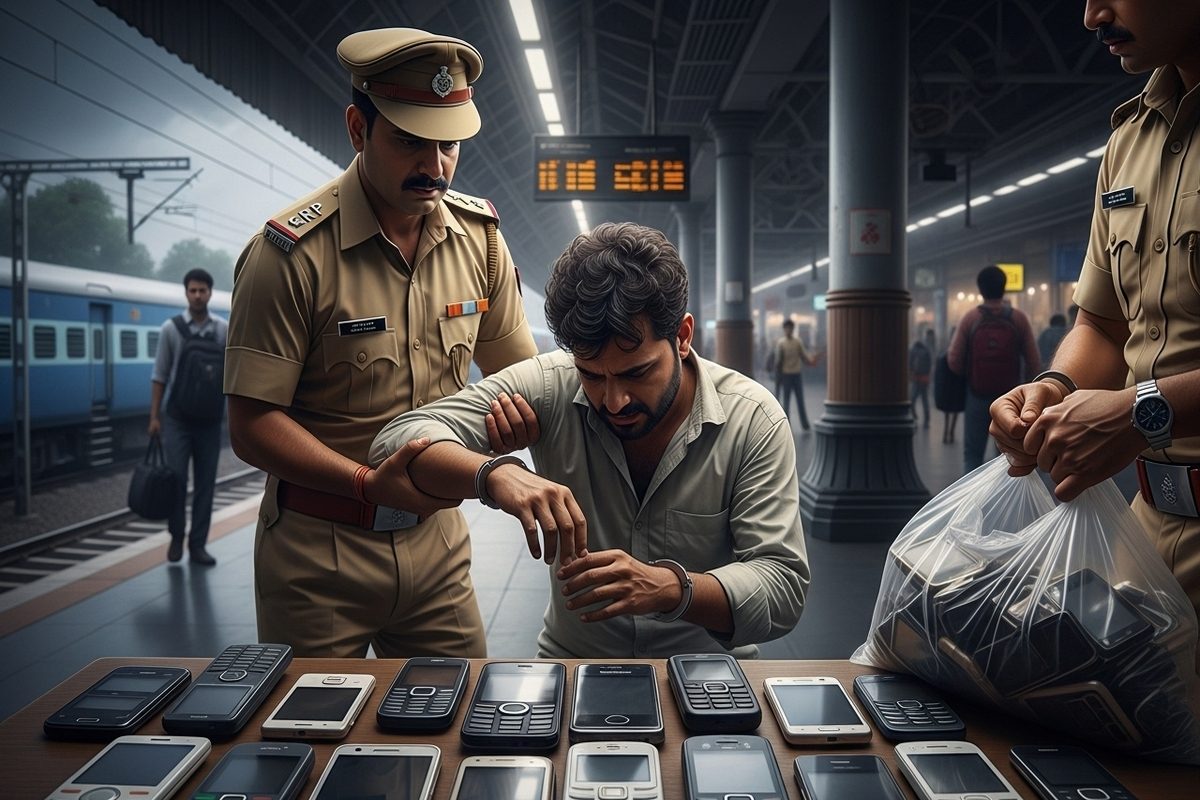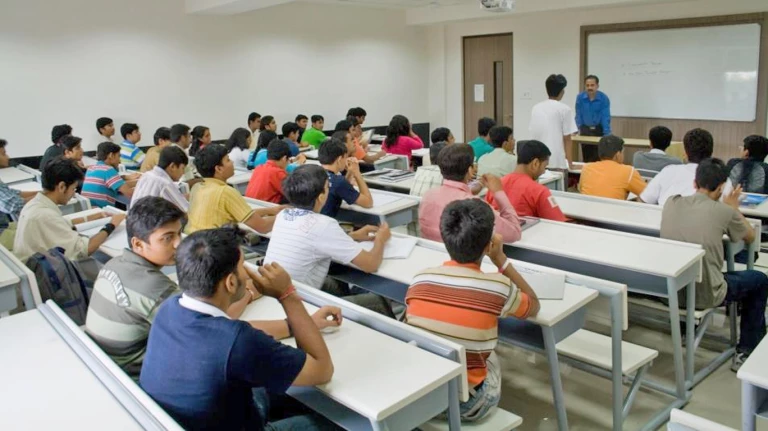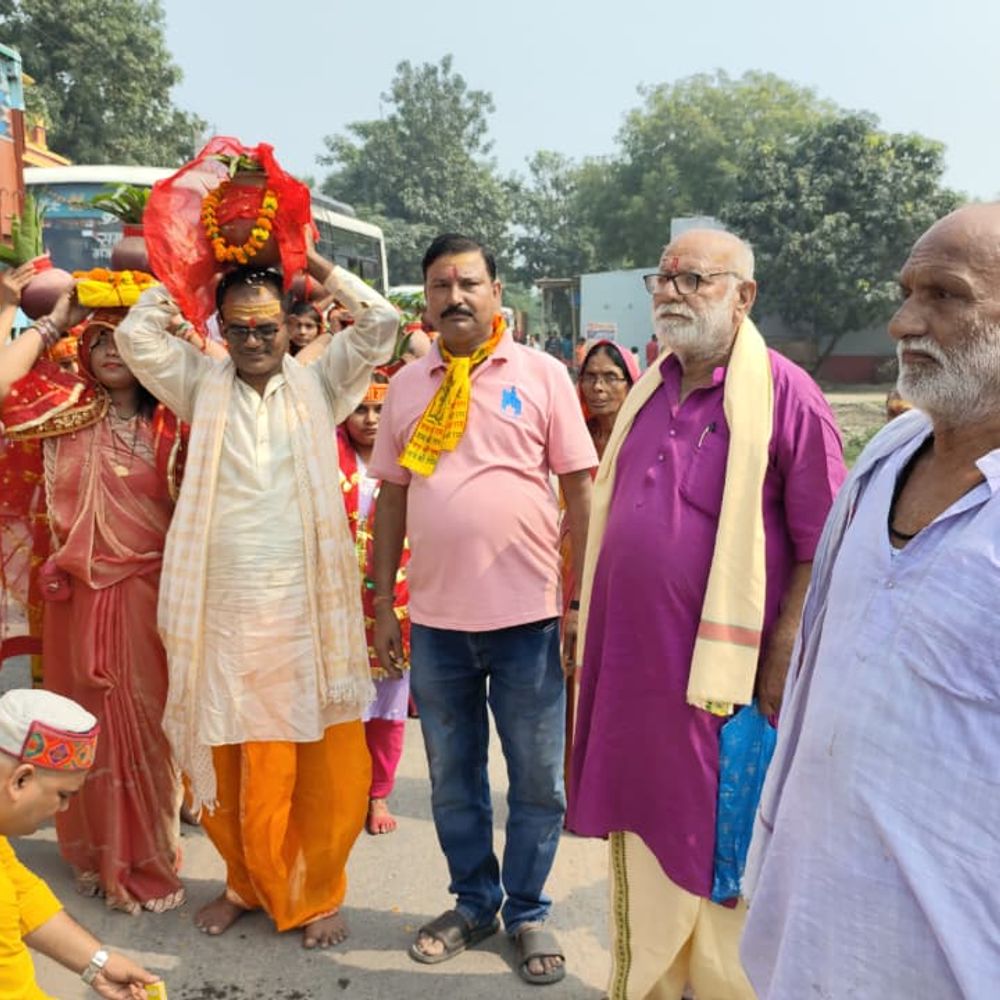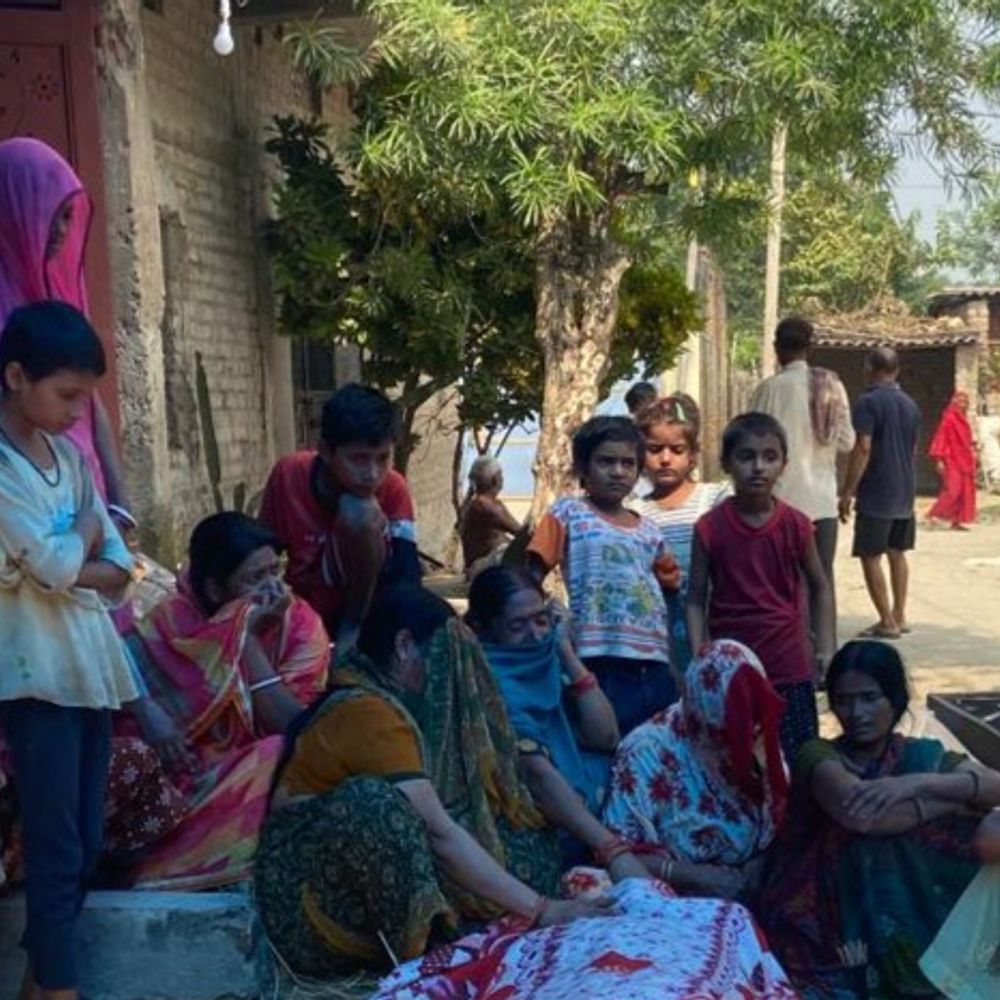Filmmaker Adoor Gopalkrishnan criticised the KSFDC`s initiative; here`s why

An industry insider said, “The scheme aligns with the WIF’s goal. If implemented, the scheme could work on multiple fronts: dedicated production grants for first-time filmmakers, incentives for studios that onboard women and Dalit directors, and commitments from public sector broadcasters or state-backed streaming platforms to showcase the films.”
Adoor Gopalakrishnan criticised certain aspects of the Kerala State Film Development Corporation’s initiative. Pic/AFP, Instagram
Dimpy Agrawal, who was a part of the WIF India cohort at Cannes, said that Indian filmmaking could benefit with such a policy in place. ”We need institutional structures to help create a robust community of creative people. At this point, the I&B Ministry is doing a lot to connect Indian cinema with top-tier international festivals. Any sort of push from them is welcome, be it in terms of capital or exposure.”
Manish Goswami
Policy with revisions?
The KSFDC scheme was recently critiqued by celebrated Malayalam filmmaker Adoor Gopalakrishnan. At the Kerala Film Conclave, the filmmaker, 84, had noted that the intention is laudable, but the programme could benefit by paring down the funding to R50 lakh for each debutant filmmaker, and insisted that they be trained in filmmaking before being given the financial aid. While his remarks had drawn ire, one wonders whether the I&B Ministry will make note of his suggestions when formulating its policies.
When mid-day reached out to Gopalakrishnan, he said, “As the conclave was conducted to take suggestions from professionals for drawing up a film policy to improve the situation in the film industry, I proposed that there should be strict selection of the candidates for financial assistance, and at least a short-term training should be imparted to them. This should enable them to make their first films with confidence. Only then will the government’s lofty plan attain fruition. There is this strange notion that everybody can make films. This trivialises the art of filmmaking. I do not want to subscribe to it.”
Hope ahead
Manish Goswami, vice-chairman of the Producers’ Guild, said that such a policy, if implemented, could bring unique voices to Hindi cinema. “Getting the government’s support could change the course of the kind of films we have been making. We could do with more women and Dalit filmmakers. The possibility of policy support represents not just financial backing, but also a symbolic dismantling of barriers,” he said.
What's Your Reaction?
 Like
0
Like
0
 Dislike
0
Dislike
0
 Love
0
Love
0
 Funny
0
Funny
0
 Angry
0
Angry
0
 Sad
0
Sad
0
 Wow
0
Wow
0

